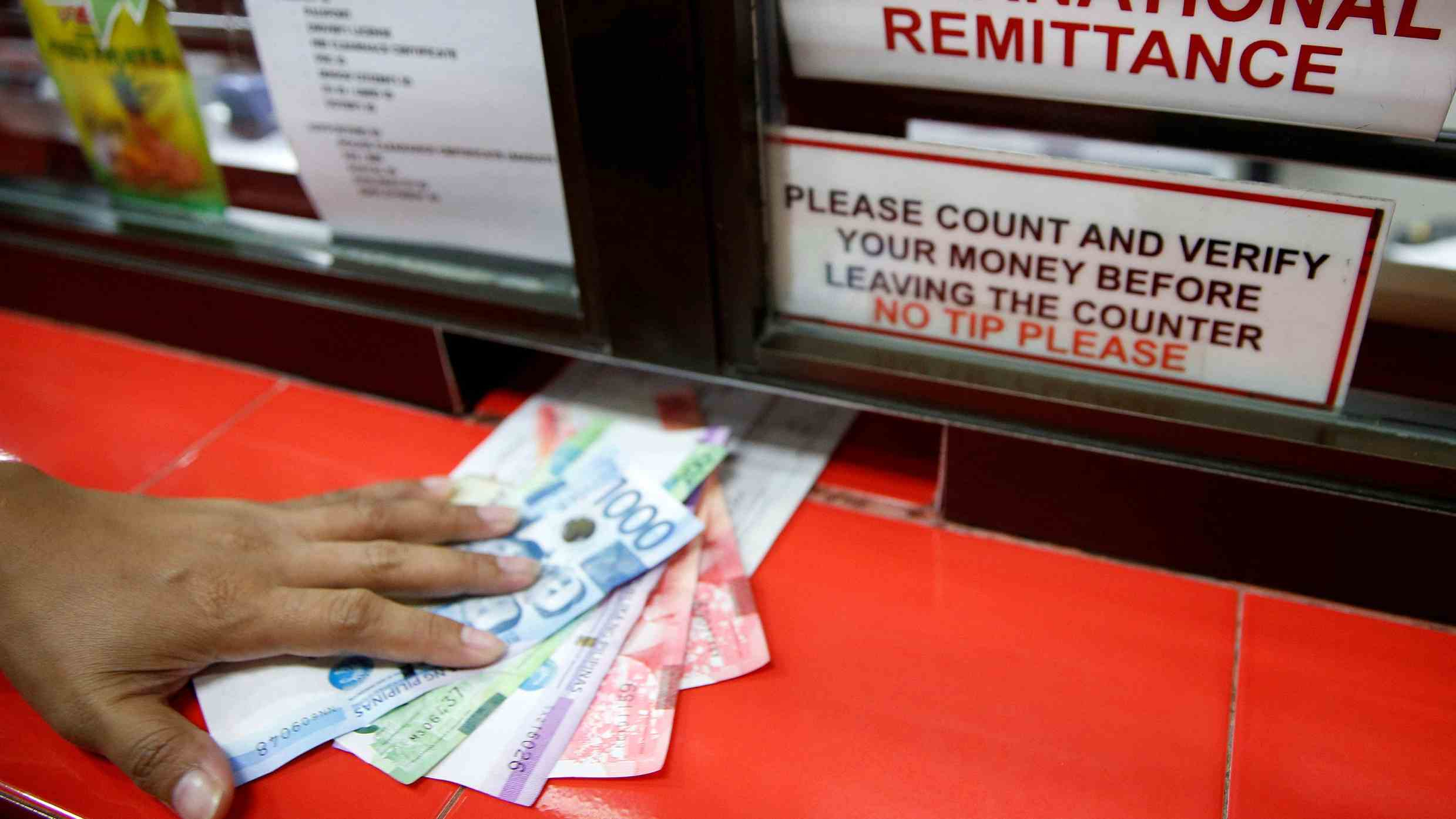
The announcement by U.S. President Donald Trump that he intends to suspend immigration to the United States in response to the coronavirus pandemic is further evidence of the extra pressure that migration and migrant workers will endure during this sickening chapter in world history.
Trump's rationale is that he needs "to protect jobs" but it is another bone thrown to his supporters in what is also an election year.
The ensuing debate may well overshadow the suffering that the pandemic is causing foreign migrant workers who will not benefit from the domestic stimulus packages in their host cities.
That will have a serious spillover effect in their sending nations, a substantial number of whom rely on remittances from these workers to prop up their foreign exchange earnings and provide a lifeline to needy families and other dependents.
According to the World Bank, remittances account for more than five percent of the gross domestic product of 66 nations, often surpassing inflows from foreign direct investment and official development assistance. These countries have a wide geographic spread – Asia-Pacific, Central Asia, the Middle East, Africa, Eastern Europe and Latin America and the Caribbean.
Ample evidence already exists that the sharp loss of jobs in rich countries is having a terrible impact on these cash transfers.
One payments company has reported that flows from Britain to east Africa may have fallen by 80 percent, according to The Economist. Another has seen transfers from Italy to Africa decline by 90 percent.
Money transfer firms
It hasn't helped that money transfers haven't generally been regarded as essential services during the lockdowns that have been imposed across the globe to stem the advance of the pandemic.
Zimbabwe, which is experiencing hard currency shortages, took a decision two weeks ago to ease its lockdown to allow people to access remittances from the diaspora.

It has been predicted that remittances will only go back to 2019 levels sometime between 2023 and 2028. /VCG
It has been predicted that remittances will only go back to 2019 levels sometime between 2023 and 2028. /VCG
Money transfer agencies were allowed to open three times a week, such is their value to the country, though banks remained closed for any other transactions.
Remittances to 800 million households in low- and middle-income countries were expected to have reached 551 billion U.S. dollars last year, up by 4.7 percent from 2018, the World Bank says. The forecast was for 574 billion dollars in 2020 but that target is now unreachable.
The International Labor Organization has said that more than four out of five people (81 percent) in the global workforce of 3.3 billion are currently affected by full or partial workplace closures.
Forced home
Many are suffering but migrant workers, many of whom are in low-paid employment, have been left in no man's land, so to speak. They are not only out of work but get no host nation government support and can't return to their native countries even if they want to because of stiff curbs on travel.
Some are being sent packing even if they don't want to go. Saudi Arabia is deporting thousands of undocumented Ethiopians as a result of the crisis.
Diana Leticia Hernandez, 45, a door-to-door salesperson from Honduras who works in the U.S. city of Miami, told the Associated Press that she hasn't been able to send any money to her family and at least six relatives for at least a month.
"I'm in anguish," she said. "They're counting on me. I'm trying to get anything I can send; 30 dollars, 50 dollars, whatever."
While the total remittance figure seems huge, a lot of it actually revolves around small sums of money that provide badly needed subsistence for the recipients. This, in turn, is spent within their communities.
Steep road ahead
The poorer and smaller the country, the greater the impact. In Honduras, for example, remittances account for nearly a quarter of its economy.
Even in nations where the GDP share might be relatively small, the reach is wide. Multinational bank BBVA says 1.65 million households in Mexico, one of the top five remittance recipient countries, depend on cash transfers from relatives and friends overseas. The bank predicts a 17 percent fall in flows to Mexico this year.
In the Philippines last year, remittances reached a record 33.5 billion U.S. dollars. For sub-Saharan Africa, the figure is estimated at 49 billion U.S. dollars which would also be a new high, according to the World Bank.
Those figures are unlikely to be breached for some time. The BBVA predicts that remittances will only go back to 2019 levels sometime between 2023 and 2028.
Anti-migrant worker sentiment was gaining ground in rich nations before the pandemic. As Trump shows, things are likely to get that much harder.